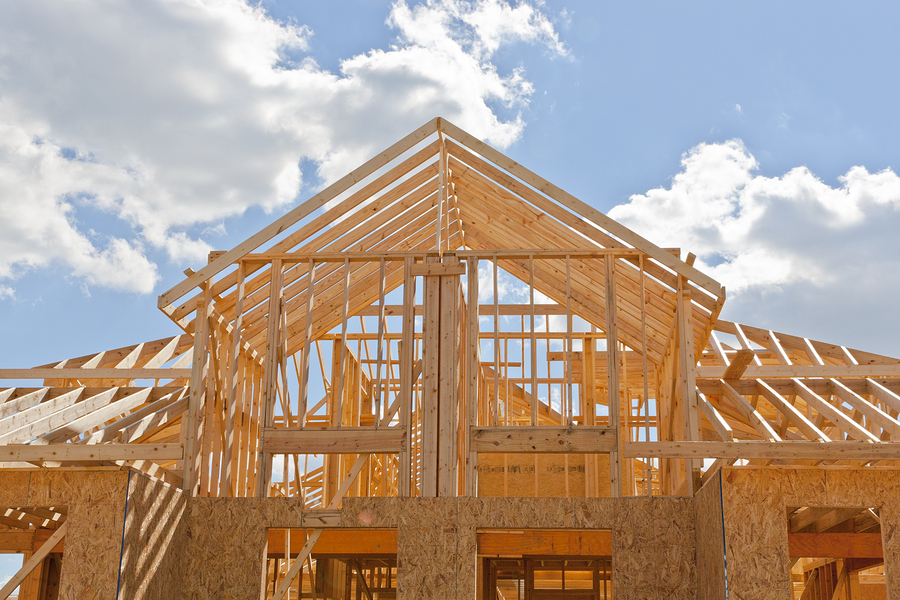September Investment in New Housing Construction Rises 4.8% YOY

Spending on new housing construction rose 4.8% year over year to $4.8 billion in September, following a 2.9% gain in August (revised data).The increase at the national level reflected higher investment in apartment and apartment-condominium building and row house construction, as spending on single-family and semi-detached dwellings continued to decline.
Spending on apartment and apartment-condominium building construction rose 26.5% from the same month a year earlier to $1.7 billion in September. This was the fifth consecutive double-digit increase.
Investment in row house construction also increased year over year, albeit at a slower pace, up 3.7% from September 2014 to $445 million.
Investment in the construction of single-family dwellings fell 5.0% year over year to $2.4 billion in September, marking the fourth consecutive decrease. Spending on semi-detached dwellings declined 13.2% from the same month a year earlier to $226 million in September.
Chart 1: Investment in new housing construction, by type of dwelling

Construction spending rose in five provinces, led by Ontario, followed by British Columbia and Quebec.
In Ontario, investment in new housing construction increased 17.6% year over year to $1.8 billion. Spending on apartment and apartment-condominium building construction rose 34.0% to $597 million, the second consecutive double-digit increase. Investment in single-family dwelling construction grew 15.1% to $967 million.
In British Columbia, spending on new housing construction rose 15.7% from the same month a year earlier to $836 million. Investment in apartment and apartment-condominium building construction increased 22.2% to $346 million. Spending on single-family housing construction, in turn, grew 12.3% to $387 million.
In Quebec, where construction spending had been on a downward trend since December 2012, investment grew 7.0% year over year to $719 million. The increase reflected higher investment in apartment and apartment-condominium building construction, as spending on single-family housing, row houses and semi-detached dwellings declined.
Alberta registered the largest decline in new housing construction spending on a year-over-year basis in September, followed by Saskatchewan and Manitoba.
Investment in new housing construction, by province and territory
Source: Statistics Canada

















